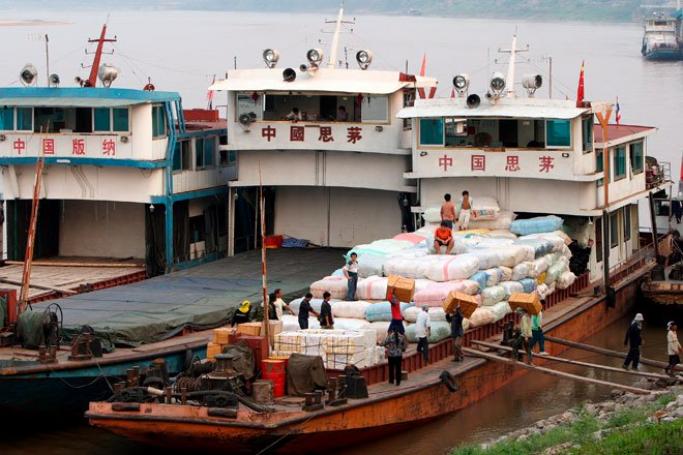The leaders of Japan and five Southeast Asian countries along the Mekong River plan to craft a new strategy in July for Tokyo to contribute to sustainable development of the Mekong region beyond 2015, according to the Bangkok Post on February 19.
This was the message of Mr Minoru Kiuchi, Japanese senior vice foreign minister, speaking at a forum in Tokyo on February 19. He said that the leaders of Japan and the Mekong states will assemble to draw up a new strategy that would succeed the “Tokyo Strategy 2012 for Mekong-Japan Cooperation” for further development of Japan and the Mekong region as they are about to enter a “new stage of cooperation.”
Mr Kiuchi was referring to the strategy the leaders are expected to adopt during a Japan-Mekong summit set for July 4 in Tokyo ahead of the planned launch of a more integrated ASEAN Economic Community at the end of the year.
The forum brought together government officials, businesspeople and experts from Thailand, Myanmar, Cambodia, Laos, Vietnam and Japan.
Mr Chutintorn Gongsakdi, director-general of the International Economic Affairs department at the Foreign Affairs Ministry in Bangkok, also voiced hope of Japanese support in a joint Thai-Myanmar project to develop the Dawei Special Economic Zone in southern Myanmar on the Indian Ocean coast.
The Japan Chamber of Commerce and Industry will send a mission to Myanmar in late February to explore business cooperation involving small and midsize companies from the two countries. The chamber also plans to send a mission to Thailand in the near future.
Analysts see Japan growing more assertive in the Southeast Asia region as China continues to jockey for position and expand development projects, including high-speed train lines that could eventually see fast trains travelling between Beijing and Singapore.
You are viewing the old site.
Please update your bookmark to https://eng.mizzima.com.
Mizzima Weekly Magazine Issue...
14 December 2023
Spring Revolution Daily News f...
13 December 2023
New UK Burma sanctions welcome...
13 December 2023
Spring Revolution Daily News f...
12 December 2023
Spring Revolution Daily News f...
11 December 2023
Spring Revolution Daily News f...
08 December 2023
Spring Revolution Daily News f...
07 December 2023
Diaspora journalists increasin...
07 December 2023












